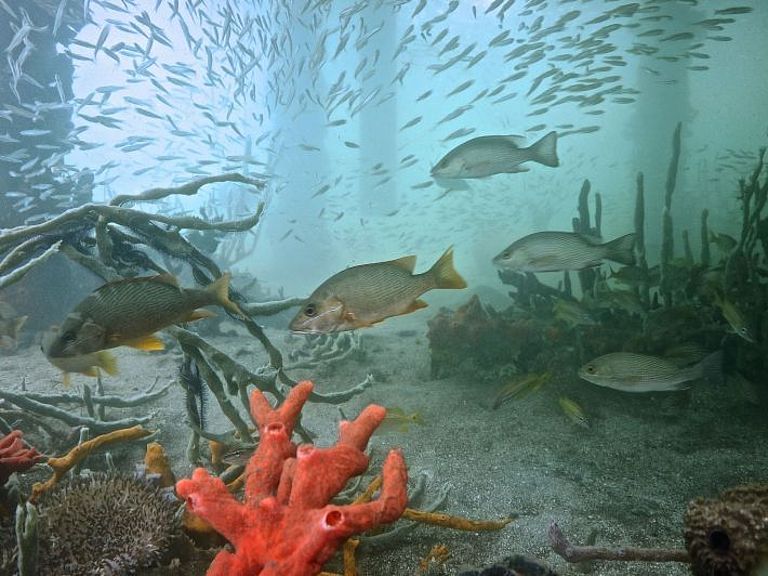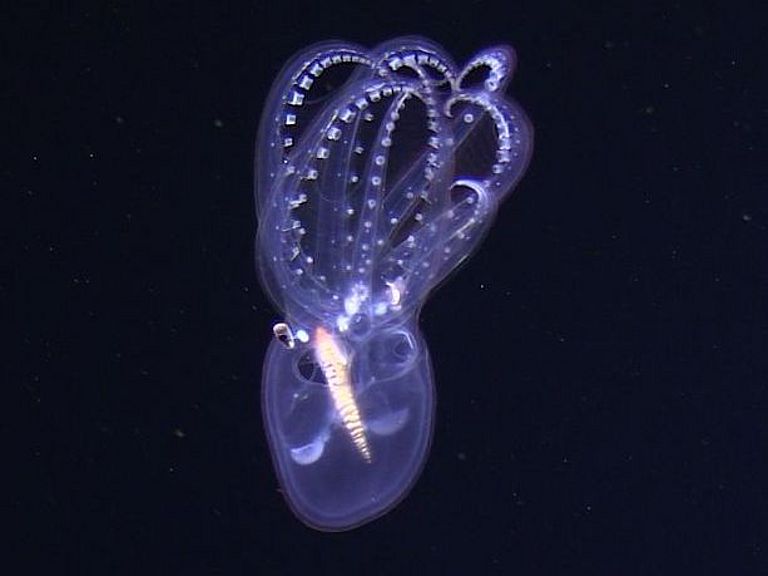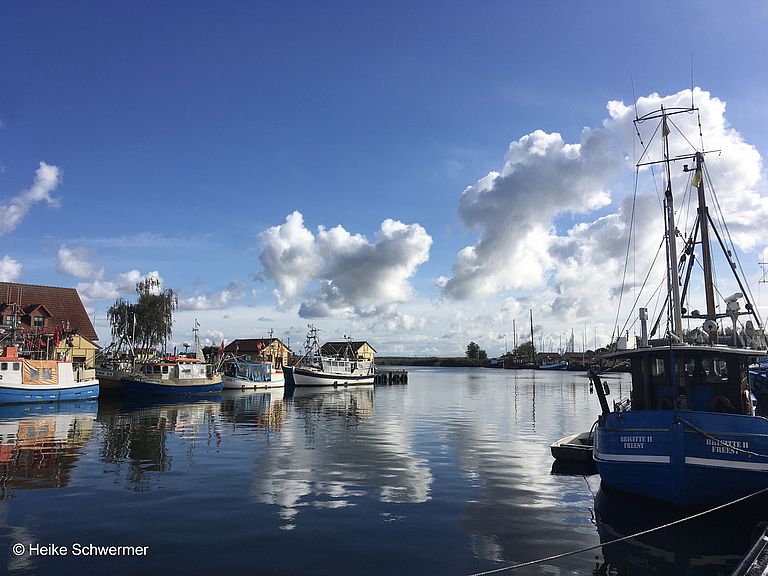Marine Evolutionary Ecology integrates ecological and evolutionary approaches in the oceans, studying diverse species ranging from marine plants to fishes and cephalopods. Our recent research highlights that evolution and ecology operate at similar time scales. For example, human exploitation of fish populations has resulted in rapid genetic shifts of life history traits, for example growth rates and time to maturation. In host-parasite co-evolution, reciprocal genetic change occurs virtually every generation. The ongoing genetic/genomic revolution allows us to characterize critical genetic polymorphisms underlying phenotypic change even in non-model organisms. Because marine larval stages are subject to particularly high mortality selection, the ecological and genetic determinants of larval survival are another important focus. Applied projects deal with cataloguing the diversity of life (the data bases FishBase and Aquamaps), habitat restoration and blue carbon, and sustainable management of marine living resources.







